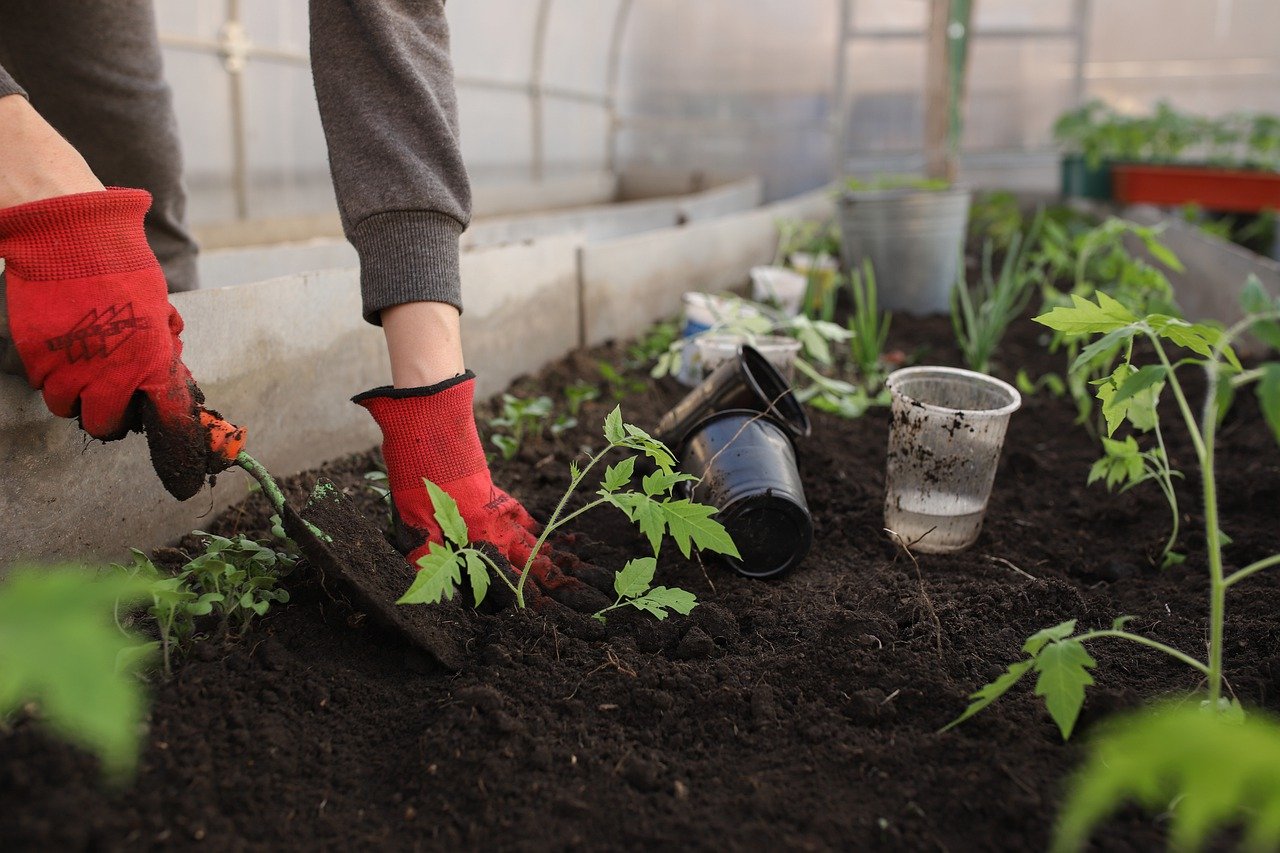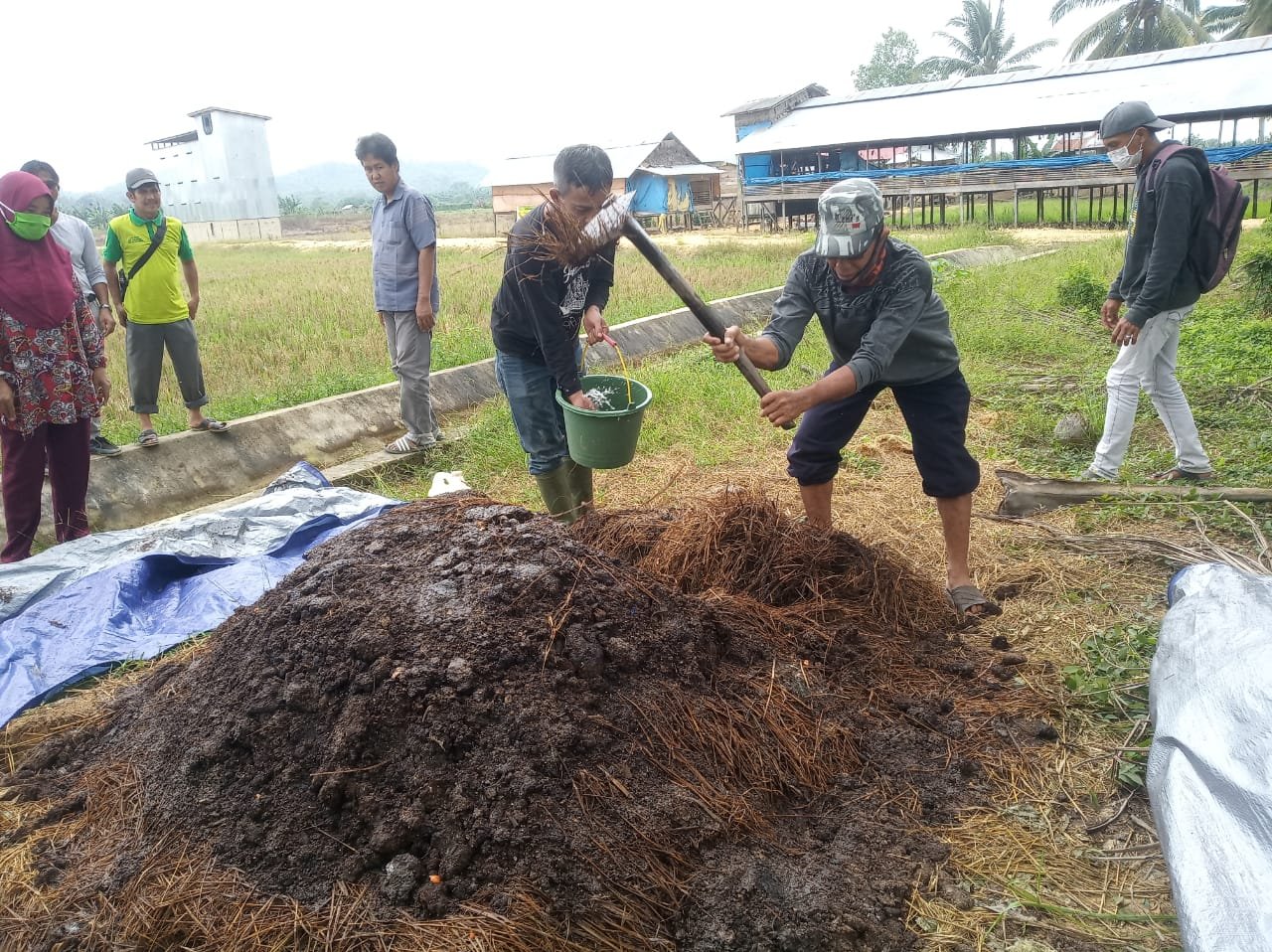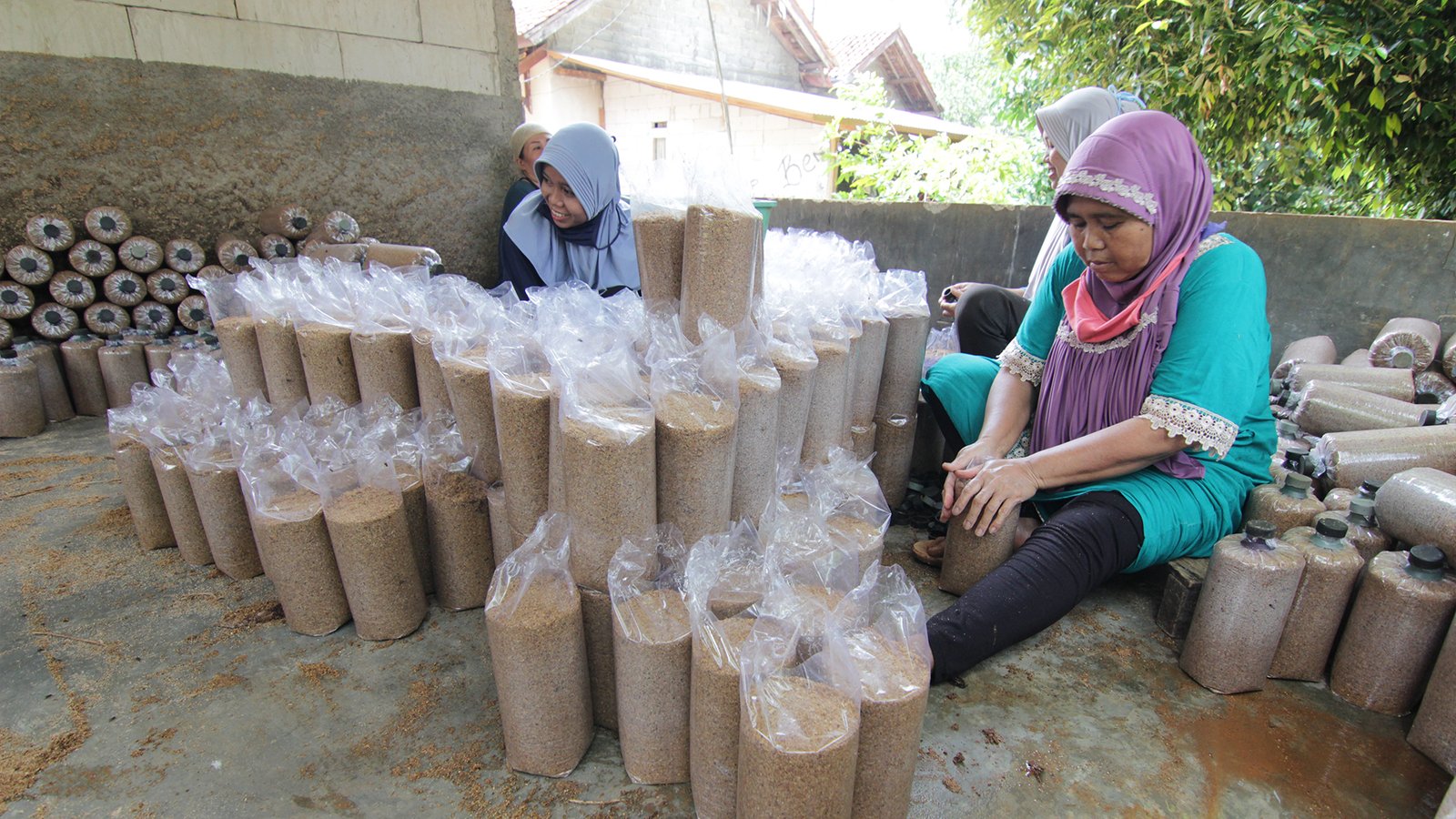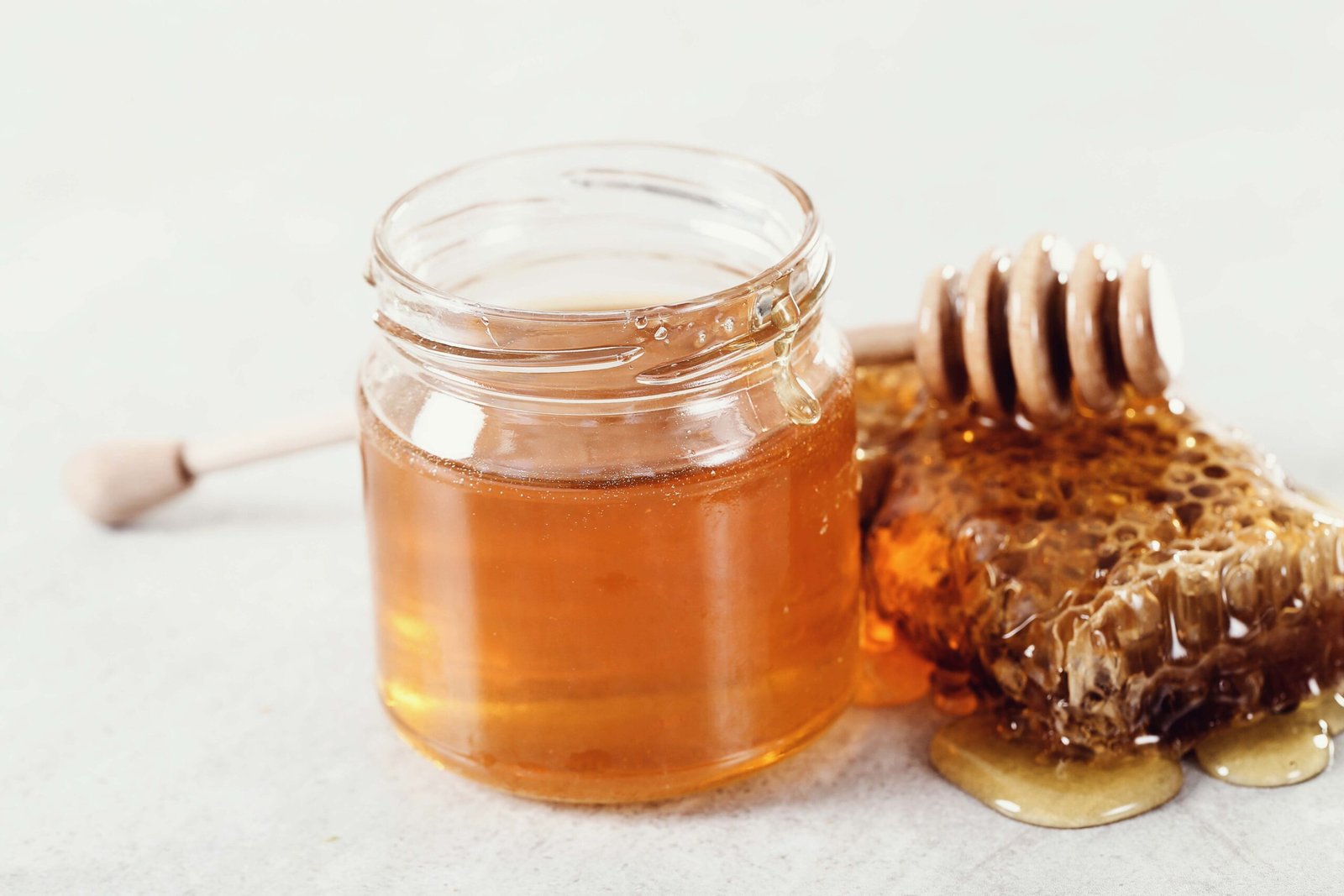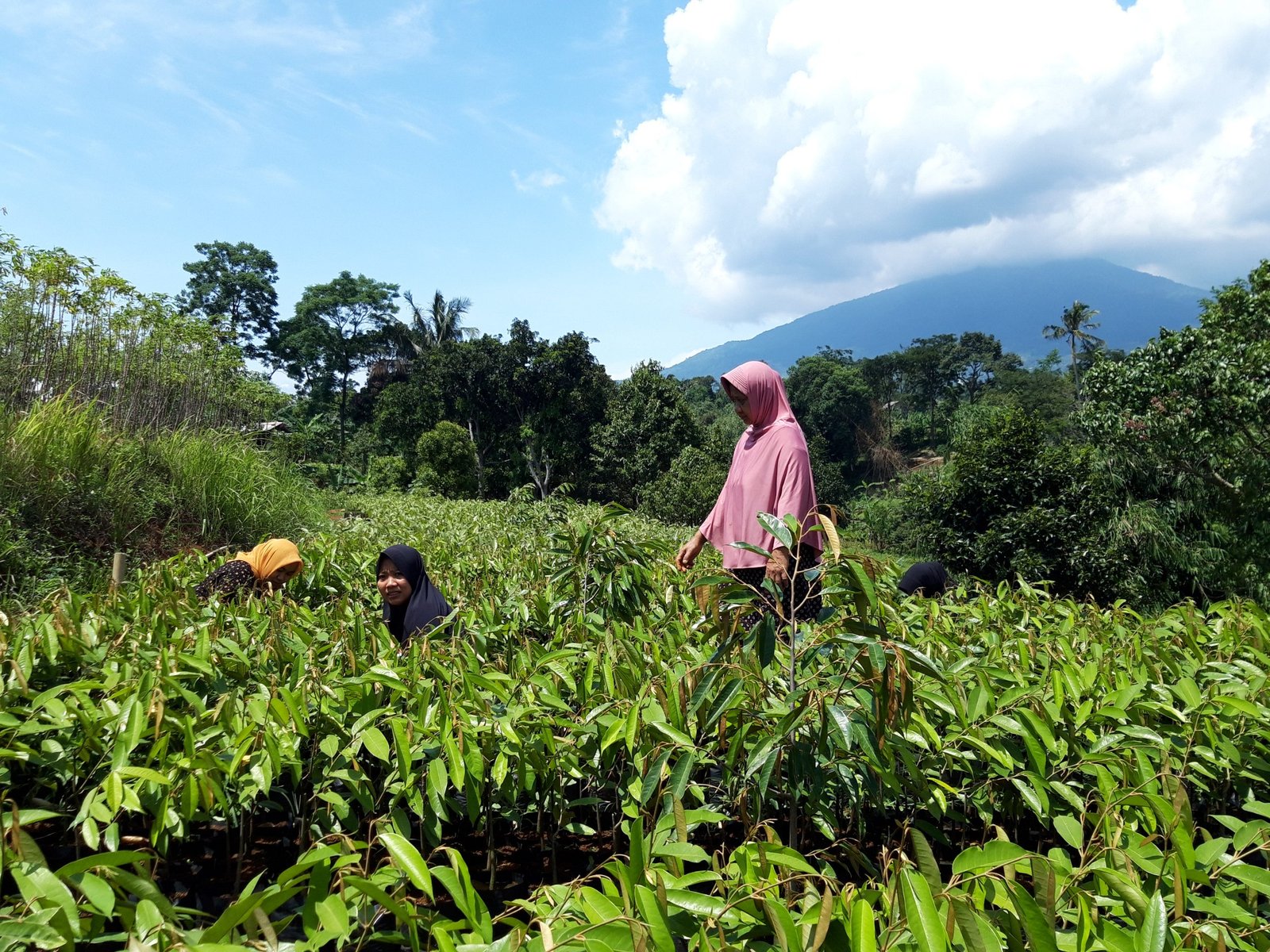Soil is one of the important factors in increasing crop production. But not a few farmers are too focused on plant care so neglect to cultivate the land.
Supriadi, Chairman of the Sampoerna Youth Farmer Group of Selangkau Village, Kaliorang District, East Kutai Regency admitted that he had also neglected the condition of his land to affect the yield of his rice harvest.
“I used to plant rice, never paying attention to the condition of my soil, how much PH I don’t know. The growing season is planting, even though the results are not satisfactory, sometimes even crop failures”, he recalled.
Supriadi’s insight finally developed when he attended a field school organized by PT. Indexim Coalindo through CSR programs in collaboration with Bina Swadaya Konsultan (BSK).
Through the Potential Economic Empowerment (PPEP) program in the fisheries and agriculture sector, Supriadi’s understanding of agricultural science has begun to increase.
According to him, tillage is the basis for creating fertile land for crops and is a determining factor for the success of agricultural cultivation.
Baca Lainnya : BSK Dipercaya Lakukan Pendampingan Masyarakat Sektor Pertanian dan Perikanan di Kutai Timur
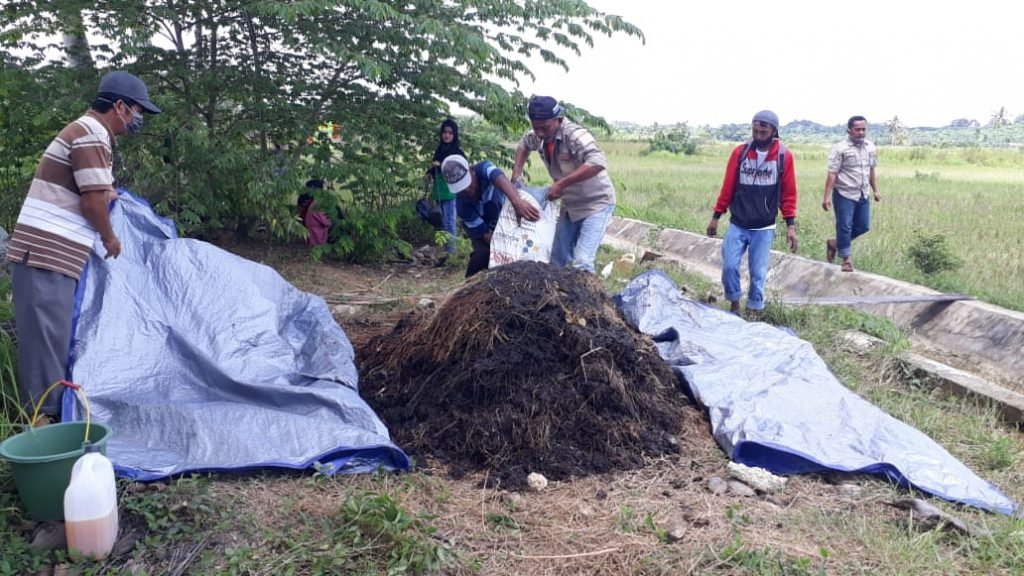
“Many farmers do not know that using chemical fertilizers will affect soil fertility for a long time. Just like I used to, fertilizer for plants, it does not affect the soil, “he said.
Supriadi’s paddy field, which was used as a deep lot for a sustainable organic farming program, finally opened the eyes of farmers.
If previously farmers used chemical fertilizers and every year their fertilizer needs always increased, now with organic fertilizers he can save expenses and have an impact on crop yields which increase.
Before attending field school, Supriadi admitted that he was able to harvest as much as 2 tons, and the cost of producing chemical fertilizers always increased every year. Now with the approach of an organic farming field school in 1 hectare, he can harvest up to 3 tons.
“I just found out, it turns out that there are many natural materials around us that can be used as fertilizer and medicine for plants. And it turns out that natural enemies of the pest exist. But we used to spray all of it using poison because we think pests too, “he explained.
After running organic farming methods on his land, Supriadi felt the difference. In terms of production costs, chemical fertilizers commonly used have been replaced with compost, moles, and POC made by themselves.
As well as pest and disease medicines, Supriadi makes vegetable pesticides and Trichoderma fungi as taught in field schools.
Baca Lainnya : Sekolah Lapang Beri Segudang Ilmu Baru bagi Kelompok Tani
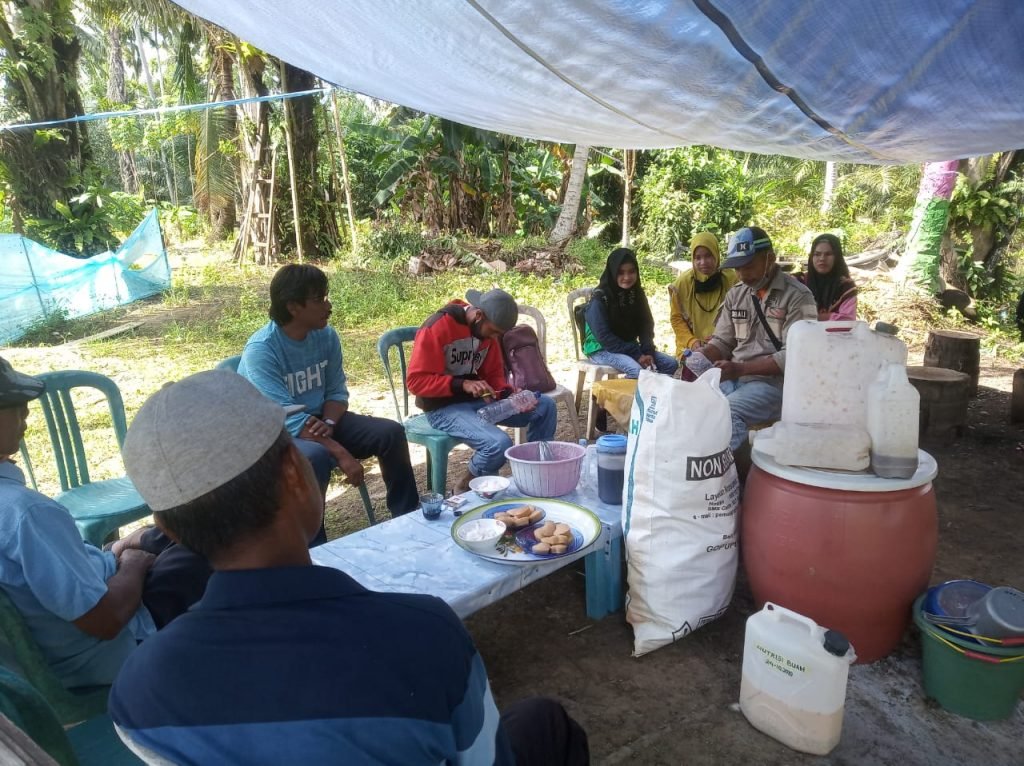
With the changes felt directly, he became more confident in the methods he learned in the field school. Proper tillage can have a positive impact on rice yields.
He admitted, one of the obstacles he currently faces is the need for compost for his land and other farmers. However, Supriadi, who also manages the stocking point of the Etam Sejahtera Bara Producer Cooperative, was accompanied to collaborate with the cooperative to build a compost house as a way out of the compost needs of farmers.
“Now, besides the rice field, I am also starting to wonder how to make moles, POC, and mushrooms. How come it can be cheap, and much more? I don’t need to tell people, I will prove it myself, I will do it to prove, it because I believe the method taught has many benefits.” Supriadi explained.
Supriadi admitted, there are still many insights about organic and sustainable farming from field schools that can be explored. For this reason, he hopes that PT Indexim Coalindo’s CSR together with Bina Swadaya Konsultan as a companion in the field can provide similar programs again to farmers so that they can have an impact on the welfare of farmers.

